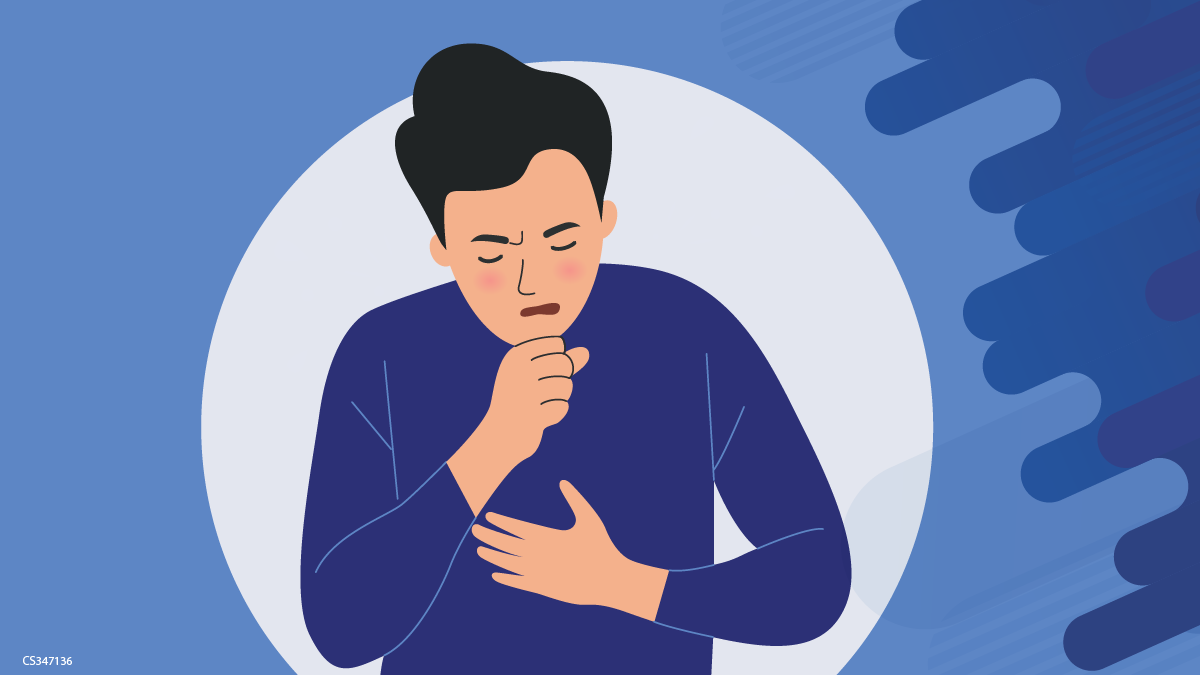Key points
- Aspergillosis is a lung infection cause by the fungus Aspergillus.
- There are different types of aspergillosis, with some differences in symptoms.
- Symptoms range from mild to life-threatening.
- Invasive aspergillosis, the most severe, occurs when the infection spreads into the blood system.

Symptoms
There are different types of illnesses with aspergillosis with different symptoms. Most people breathe in Aspergillus spores every day without getting sick. However, people with weakened immune systems or lung diseases are at a higher risk of developing health problems due to Aspergillus.
Allergic bronchopulmonary aspergillosis (ABPA)
- Wheezing
- Shortness of breath
- Cough
- Fever (in rare cases)

Allergic Aspergillus sinusitis
- Stuffiness
- Runny nose
- Headache
- Reduced ability to smell
Aspergilloma ("fungus ball")
- Cough
- Coughing up blood
- Shortness of breath
Chronic pulmonary aspergillosis
- Weight loss
- Cough
- Coughing up blood
- Fatigue
- Shortness of breath
Invasive aspergillosis
Invasive aspergillosis is the most severe form of infection. It occurs when the infection moves from the lungs and spreads throughout the body.
Most people who get invasive aspergillosis were already sick with other medical conditions before they were infected with Aspergillus.
Symptoms can vary depending on which parts of the body become infected. Other common symptoms include:
- Fever
- Chest pain
- Cough
- Coughing up blood
- Shortness of breath
Contact your healthcare provider if you have symptoms that you think are related to any form of aspergillosis.
